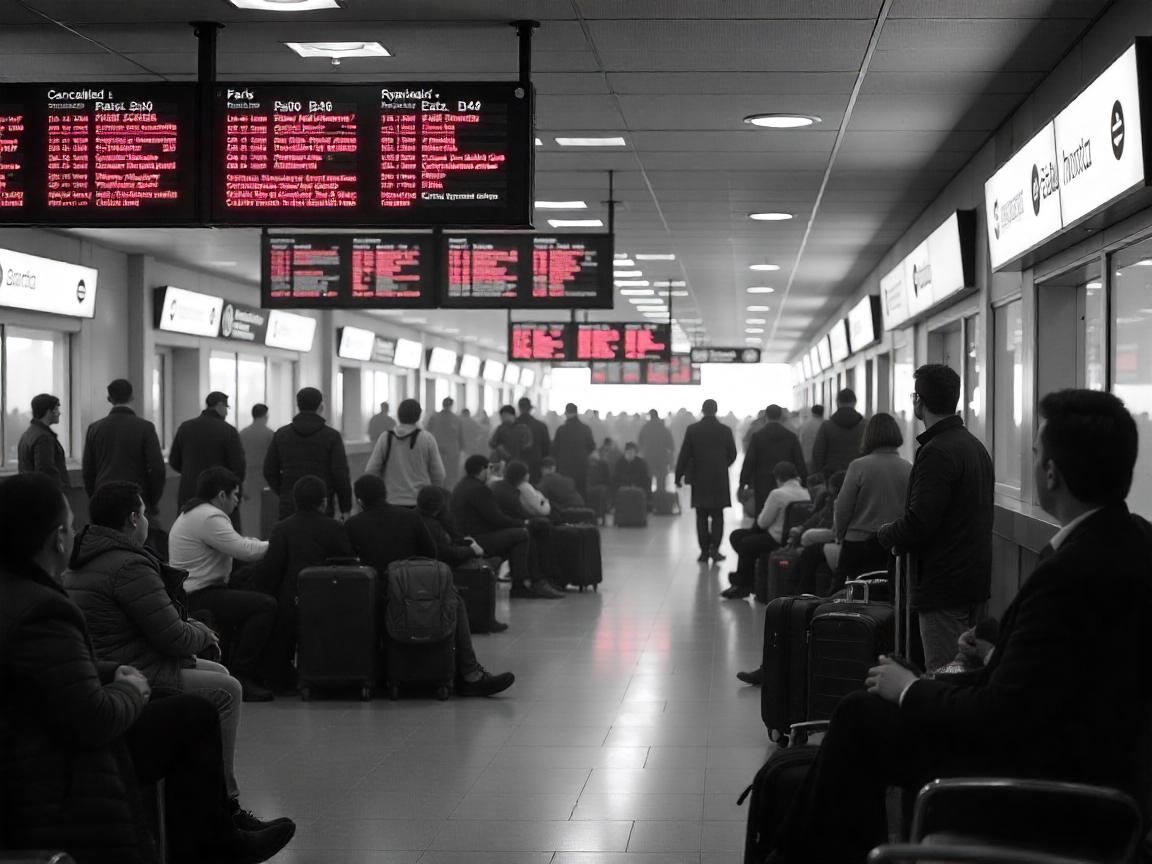"To See All Things New in Christ": The Spiritual Exercises through African Eyes
From July 6 to 10, 2025, Jesuits, religious men and women, and laypersons, numbering 50, will gather at Mwangaza Jesuit Spirituality Centre in Nairobi for a symposium on the Spiritual Exercises in the African context.
The participants include those working in the ministry of the Spiritual Exercises as well as scholars, bringing together the practical and intellectual dimensions. Others will be able to participate online. The choice of Mwangaza Jesuit Spirituality Centre is both symbolic and strategic. Mwangaza is a Swahili word with the synonymous meaning “light”, “Knowledge”, and “Wisdom”. This spiritual wellspring was founded in 1978 and has offered retreats, workshops, meetings, and province assemblies for almost half a century. In 2012, it was the venue for the 70th Jesuit Congregation of Procurators. It was the first time this kind of gathering was held outside Europe and on African soil. Mwangaza has been a source of spiritual nourishment and formation in the ministry of the Spiritual Exercises and Spiritual Direction.
In 2004, Fr. Terry Charlton, then teaching theology at Hekima College-Nairobi and also the Ecclesiastical Assistant for CLC-Kenya, organized a seminar on the Dynamics of the Spiritual Exercises. This led young African scholars to reflect on the meaning of certain aspects of the Spiritual Exercises within their African context, drawing from their diverse experiences of giving and receiving the Exercises. The seminar culminated in the publication of the book with the title “The Dynamics of the Spiritual Exercises: African Perspectives”, edited by Christian Paul Kiti and published by Paulines Publications Africa. This was an important milestone in opening up the theological space for reflecting on the Spiritual Exercises from an African perspective. Eight years later, in 2012, the Jesuit Institute in South Africa facilitated an international conference in Johannesburg with the theme, “Spiritual Direction in the African Context”. Though not strictly an Ignatian-themed conference, some interesting presentations and conversations were held around the Spiritual Exercises. Norbert Litoing, for example, wrote on “Ignatian Discernment and the search for an African Identity”. At the same time, Festo Mkenda, basing his talk on the translation of the Spiritual Exercises, gave a talk themed “The Spiritual Director as a Cultural Translator”. The above events in 2004 and 2012 set the pace for reflections on the role of the Spiritual Exercises in Africa. It was only until the 500th Anniversary of the writing of the Spiritual Exercises, marked by an international Symposium in Manresa-Spain, that it was proposed that each context organise to bring together theologians, formators, spiritual directors, directors of retreat centres and centres for Ignatian spirituality, as well as others engaged in the ministry of the Spiritual Exercises, to engage and share in the documents inculturation and adaptation.
The 32nd General Congregation of the Society of Jesus made a rallying call that “We should by all means encourage studies, research, and experiment directed towards helping our contemporaries experience the vitality of the Exercises as adapted to the new needs which are theirs” [GC 32 D4#58]. Today, the first Universal Apostolic Preference of the society of Jesus promulgated by Fr. General Arturo Sosa SJ on 19 February, 2019, made an invitation to show the way to God through the Spiritual Exercises and Discernment. Pope Francis, on approving the Universal Apostolic Preferences (UAPs) noted that the first preference is crucial because “it presupposes as a basic condition the Jesuit’s relationship with the Lord in a personal and communal life of prayer and discernment […] without this prayerful attitude the preferences will not bear fruit.” We can affirm that indeed Ignatian Spirituality is born out of an incarnate faith, that enters into dialogue with other religions and culture, lived in community and that becomes a testimony to Hope. Like the first Jesuit companions, we, too, come from diverse origins and cultures, and we have different ways of seeing and understanding things. The UAPs thus offer an invitation to reflect on how the Ignatian Spirituality has taken root in Africa over the centuries and how best it can be used as a tool or instrument for incarnating the Christian faith in Africa.
If the Spiritual Exercises are to continue to have a deeper impact in Africa, then it needs to find deep roots in the African culture, theology and spirituality. This is because the Spiritual Exercises are a privileged instrument for making the life and action of the Lord Jesus present in diverse social contexts of today´s world. The Ignatian year (2021-2022) provided an opportunity to deepen our roots in the Spiritual Exercises as we marked, not only, the anniversary of St. Ignatius own conversion, but also the birth of the Spiritual Exercises, a text that remains alive 500 years after its conception and continue to speak to us in our own context and cultures.
The Spiritual Exercises are like a prism, which refracts the same light in different ways according to the experience of everyone who does them. A renewal in the Spiritual Exercises “gives us a good opportunity to make known our spiritual root, that spiritual source that feeds and nourishes us in so many different ways and places. Deepening and renewing our own interior freedom and energy for the Magis opens us to new and enriching perspectives”. What has been the impact of the light of the Exercises in our African context? Can a renewal in the Spiritual Exercises challenge us “To see all things new in Christ” through the lenses of our African context?
How can we adapt the Spiritual Exercises in our own African context? What are the modalities? What are the elements of the Spiritual Exercises and Ignatian Spirituality that resonate most with our African theological and spiritual discourse? Can we talk of an Ignatian Spirituality that has an African identity, in the same way we engage in the discourse on African theology, African Spirituality, African Christology and Ecclesiology?
For the Spiritual Exercises to be deeply rooted then method and language have to play a key role. How do we give them? What are the modalities? Are they only for the privileged few or accessible to anyone who would desire to make them? What translations exist in African languages and what is their impact?
For more information read articles on the following link:
Follow the morning sessions via YouTube {HERE} from 9am to 1pm on 7th, 8th and 9th July 2025.







